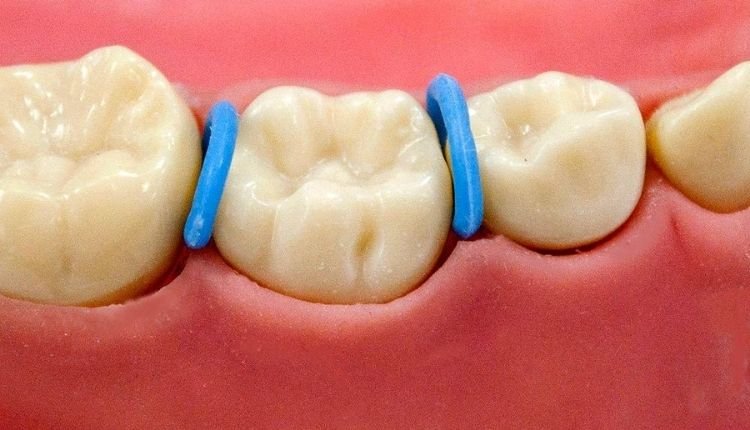In the heart of conflict, soldiers bear more than physical wounds. They carry unseen battles in their minds. These battles result in Charlotte anxiety, a term used to describe the intense worry experienced by many service members. This issue highlights the essential role of psychiatrists in the military. They are the heroes behind the scenes, acting as the bridge to mental wellness for our soldiers. Their work helps turn the tide of post-traumatic stress, depression, and anxiety.
The Silent Battle: Understanding Mental Health Issues Among Soldiers
There’s a silent battle being waged. It’s not fought with guns or tanks but within the minds of our soldiers. Post-traumatic stress disorder (PTSD), depression, and anxiety are the most common mental health issues faced by them. PTSD occurs in 15% of soldiers, depression in 12%, and anxiety in 14% as per the U.S. Department of Veteran Affairs.
Mental Health Support: The Role of Military Psychiatrists
Military psychiatrists are key players in tackling this issue. They offer a lifeline to soldiers struggling with mental health issues. They diagnose, treat, and provide ongoing support to help soldiers cope.
Benefits of Psychiatry in The Military
Psychiatrist’s support can improve soldiers’ quality of life in several ways:
- Reduced Anxiety: Psychiatrists can provide techniques to manage anxiety and other forms of stress.
- PTSD Management: They offer effective therapies for dealing with traumatic experiences.
- Depression Help: Psychiatrists can prescribe medication and counseling to lift the cloud of depression.
Challenges and Solutions
Stigma around mental health continues to be a barrier. However, increased awareness and education can break down these walls. Confidentiality in treatment can also encourage more soldiers to seek help.
In conclusion, the role of psychiatrists in the military is vital. They help manage the mental health of soldiers. They enable our heroes to continue serving our country with courage and resilience. It’s time we recognized their invaluable contribution.
Psychiatrists vs. Average Citizen: Mental Health
| Service Members | Average Citizen | |
| PTSD | 15% | 7% |
| Depression | 12% | 6% |
| Anxiety | 14% | 18% |


Comments are closed.